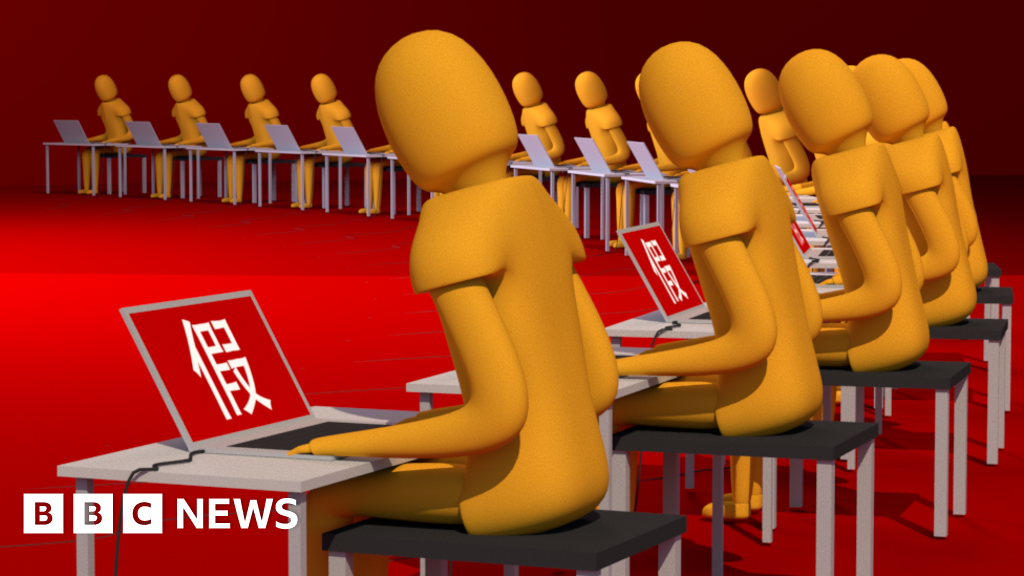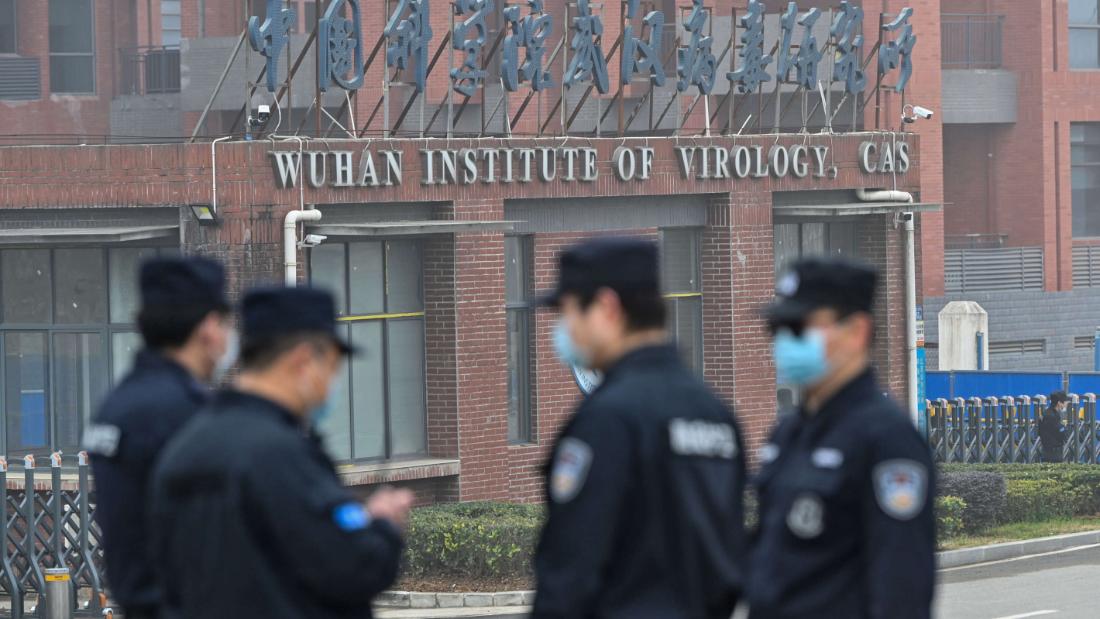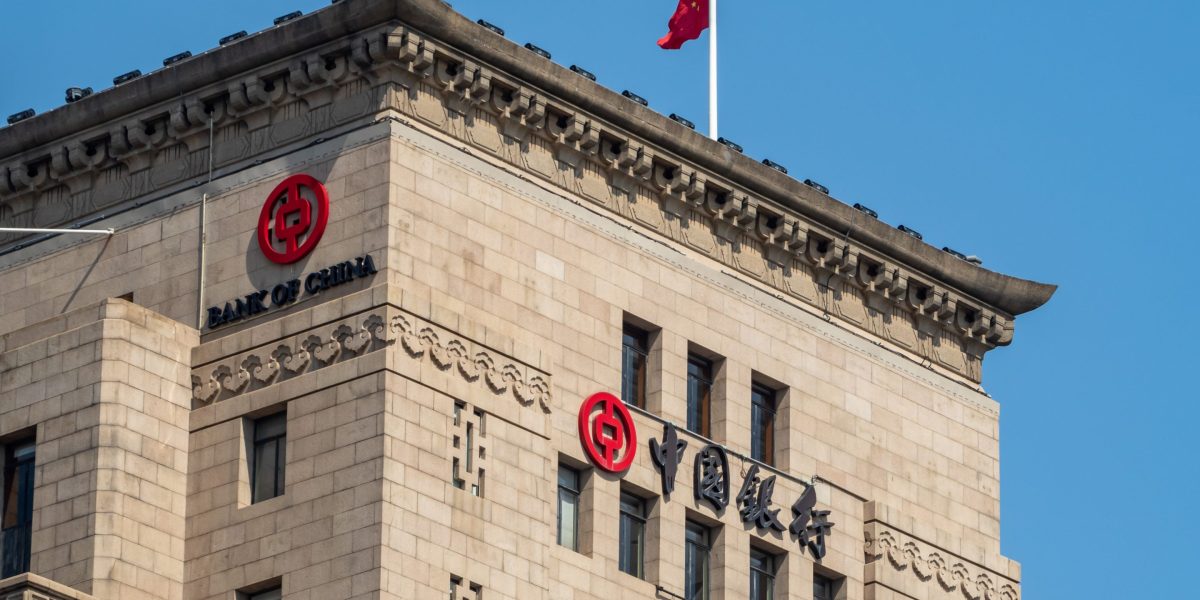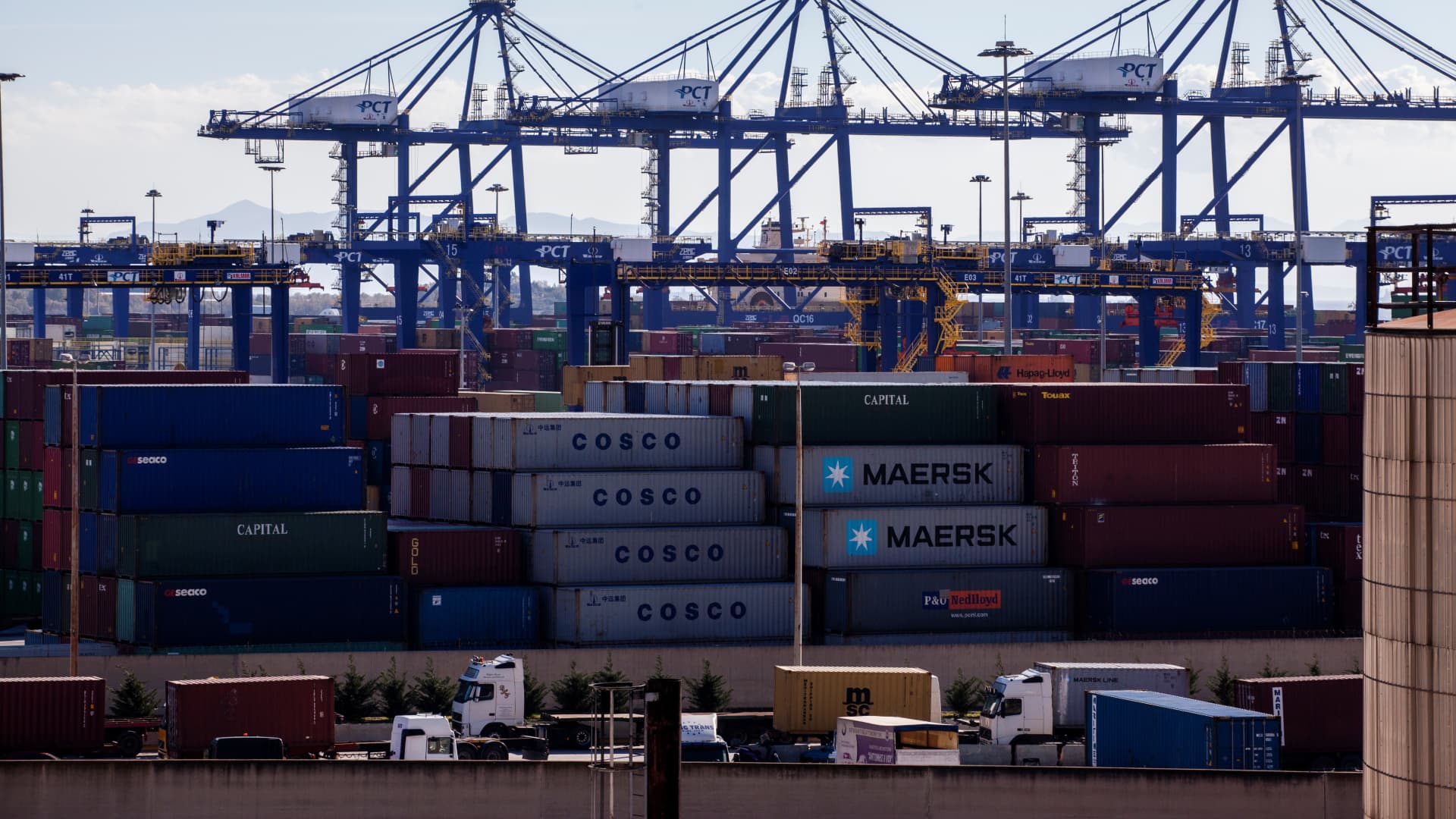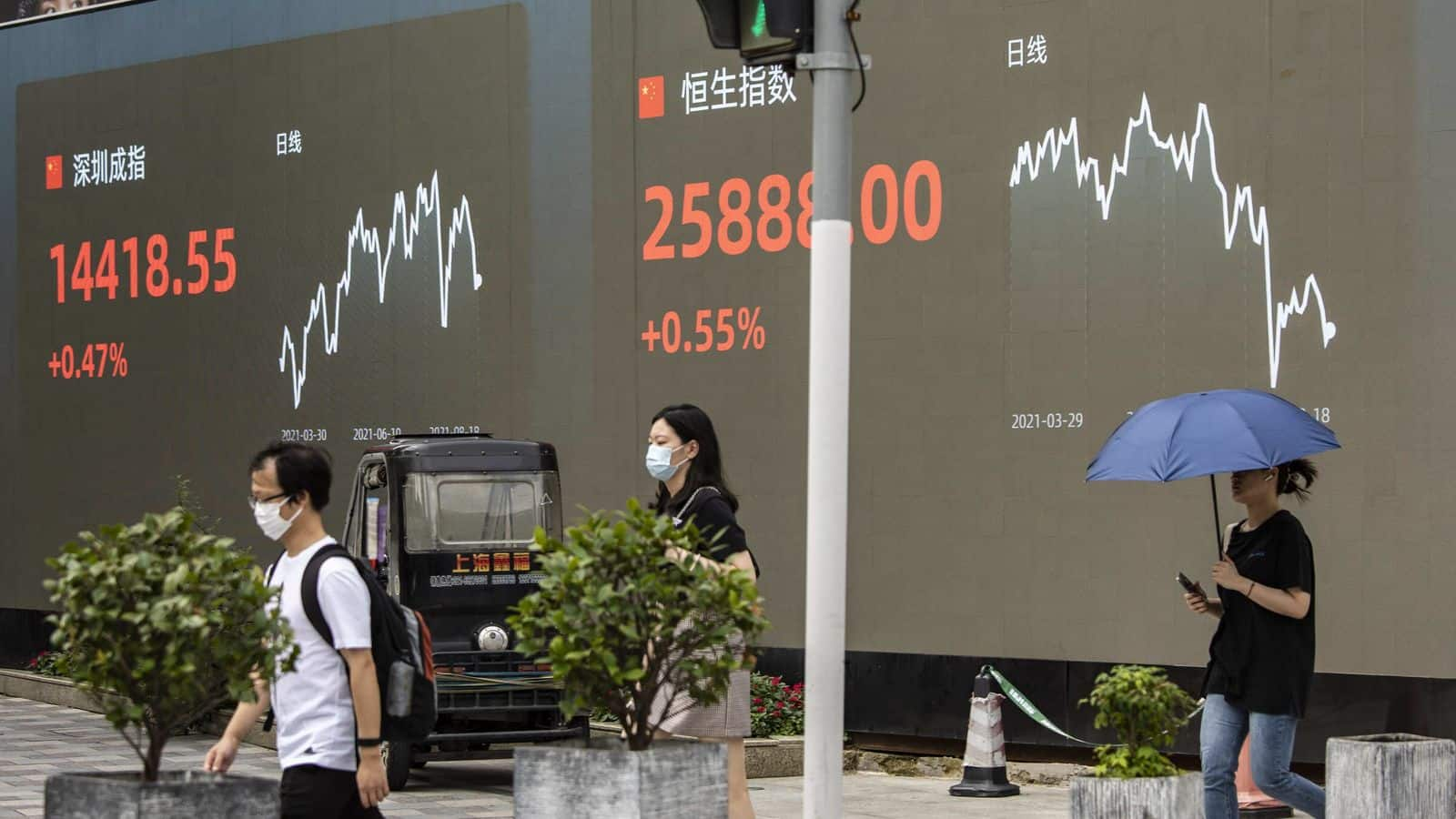In total, 135 Chinese companies (including mainland and Hong Kong firms) made the cut for this year’s
Fortune Global 500—an increase of 11 from last year and surpassing the 122 U.S. companies on the list. Here’s a closer look at the seven that were most profitable.
The performance of the firms mirrored China's 2020 economic trajectory.

fortune.com
In the pandemic-hit year that was 2020, China was the only major global economy to
record growth. In the first quarter of last year, China’s GDP contracted 6.8% as the early stages of the COVID-19 pandemic suppressed economic activity.
Yet China’s economy finished the year on a high note, recording a 2.3% uptick in GDP for all of 2020. The performance of the seven most profitable Chinese companies (as measured by gross profit) on this year’s
Fortune Global 500 list followed a similar trajectory: a turbulent start to the year owing to an initial pandemic hit, with activity and profit picking up by the third quarter. The seven companies raked in a collective profit of $182.2 billion over the year.
The top four most profitable Chinese companies on this year’s
Fortune Global 500,
which ranks the world’s largest companies by 2020 revenue, are China’s “Big Four” state-owned banks—the Industrial & Commercial
Bank of China, China Construction Bank, Agricultural Bank of China, and the Bank of China. The lenders all recorded modest profit rises around 1% to 3%, bucking the 20% drop in total profits that all
Fortune Global 500 banks recorded.
China’s Big Tech and financial giants Tencent, Alibaba, and Ping An make up the final three most-profitable firms. Best known for messaging apps WeChat and QQ, Tencent saw its successful line of mobile games boost its bottom line last year. Meanwhile, rival Alibaba’s e-commerce business reached 1 billion annual active users worldwide, a new milestone for the company. Ping An, the country’s largest insurer, steadily increased its core life and health business, which recorded 5% profit growth; its new health and technology segments notched major revenue jumps.
Still, recent weeks have shown that a bumpy ride could lie ahead for China’s Internet giants. Alibaba’s recently released Q1 earnings missed estimates for the first time in two years; its $31.8 billion quarterly revenue failed to meet expectations of $32.4 billion. Meanwhile, Tencent’s stock plunged nearly 8.5% (at its lowest point) on Tuesday, after a state-affiliated editorial said video games were
“spiritual opium” and referenced Tencent’s flagship game,
Honor of Kings.
In total, 135 Chinese companies (including mainland and Hong Kong firms) made the cut for this year’s
Fortune Global 500—an increase of 11 from last year and surpassing the 122 U.S. companies on the list. Here’s a closer look at the seven that were most profitable:
Industrial & Commercial Bank of China (No. 20)
The world’s largest lender by assets, ICBC recorded a 2020 profit of $45.7 billion—a modest growth rate of 1.3% but one that defied analyst expectations of a profit decline. ICBC’s total assets also grew significantly to $5.1 trillion, up from $4.6 trillion in 2019. Notably, the income from the lender’s personal wealth management and private banking services jumped by 8.4% to nearly $4.6 billion. Its investment banking business took the biggest hit last year, notching a 10.1% decline in income contribution to $3.3 billion.
China Construction Bank (No. 25)
CCB—the second-largest among China’s Big Four banks—recorded a 1.7% bump in profit last year to $39.2 billion. The COVID-19 pandemic hit CCB hard in the first and second quarters of 2020; in Q2, its profit growth rate dropped to –11%. But by the third quarter, this metric had rebounded. According to CCB, it was the only bank to keep its outlets open every day in Wuhan during the city’s early COVID lockdown. The lender grew its assets, loans, and customer deposits sizably last year: by 10.6% to $4.3 billion, 10.9% to $3.9 billion, and 12.2% to $3.1 billion, respectively. CCB has also taken a bullish stance on fintech. It poured more money into the space in 2020: $3.4 billion, up 25% from the year prior. It now has over 13,000 employees working in the fintech segment, up 22% from 2019.
Agricultural Bank of China (No. 29)
ABC, the Agricultural Bank of China, made the biggest jump among China’s major four banks this year, moving up four spots in the
Fortune Global 500. ABC’s profits increased 1.9% to nearly $31.3 billion, buoyed by record-high loans totaling $278 billion. Established in 1951 as a financial services institution for China’s rural development, ABC increased its loans to 52 targeted rural counties by 36% in 2020 and loans to key agricultural enterprises by nearly 39%. ABC ramped up its “inclusive finance” loans to China’s small and medium enterprises by 62.3% to $57.1 billion. The lender’s total assets grew 9.4% to reach $4.2 trillion last year.
Bank of China (No. 39)
China’s oldest bank, founded in 1912, the Bank of China took in $27.9 billion in profit for 2020—a 3% increase from 2019—beating its peers in terms of annual profit growth rate and topping analyst expectations. Alongside its domestic peers, the BOC also grew its assets and liabilities last year, by 7% each to $3.7 trillion and $3.4 trillion, respectively. Like peer ABC, China’s oldest lender focused on its “inclusive finance” loans to small and medium enterprises in 2020; its loans in this segment boomed 48% to $94.6 billion.
Tencent Holdings (No. 132)
The oldest of China’s top three BAT (Baidu, Alibaba, Tencent) Internet giants, Tencent recorded a 71.5% profit jump in 2020 to $23.1 billion, bolstered by growth from all of its business lines—social media and video, online games, advertising, and fintech. While Tencent is best known for its social media and messaging platforms such as WeChat and QQ, it was the group’s video games business that surged the most last year. Tencent’s video games segment recorded a 36% annual revenue increase to $24.1 billion, driven by the success of its mobile phone games like
PUBG Mobile and
Honor of Kings. Revenue from its fintech and business services unit—from e-payments to cloud capabilities—also climbed 26% to $19.8 billion.
Alibaba Group Holding (No. 63)
Despite heightened regulatory scrutiny and a $2.8 billion antitrust fine, Jack Ma’s Alibaba Group raked in $22.2 billion in profits—a 3.6% boost—for its fiscal year ended March 31, 2021, thanks to its bread-and-butter Internet retail platforms, Taobao and Tmall in China, Lazada in Southeast Asia, and AliExpress in other overseas markets. The group hit a milestone of over 1 billion annual active users across all platforms, with 891 million in China and 240 million overseas. The gross merchandise value of all goods transacted on Alibaba platforms generated a record $1.2 trillion for the year. Over 70% of its new annual active costumers are from China’s rural areas. Taobao’s mobile app is a social e-commerce platform that offers livestreaming via Taobao Live—allowing merchants to connect with customers through video—and is one of Alibaba’s fastest-growing segments. The total gross merchandise volume on Taobao Live, which was launched in 2016, reached $76.3 billion in 2020.
Ping An Insurance (No. 16)
Founded in 1988, Shenzhen-headquartered Ping An Insurance turned a profit of $20.7 billion for the year ended Dec. 31, 2020, helped by customer growth and its new health and fintech businesses. Yet its 2020 profit was 4.1% lower than the year prior. Over 2020, Ping An acquired 37 million new customers—retail customers ticked up 9% to 218 million, while its Internet users increased 16% to 598 million. The group’s core life and health insurance business stayed steady during the pandemic year as it shifted operations online; the unit’s profit grew 5.3% to $14.5 billion. Ping An’s new health- and tech-focused segments got a boost in 2020: Good Doctor, a platform offering online medical services, recorded a revenue jump of 82.4%, and OneConnect, the group’s fintech platform that debuted in New York in December 2019, marked a 42.3% revenue increase to $510 million.

